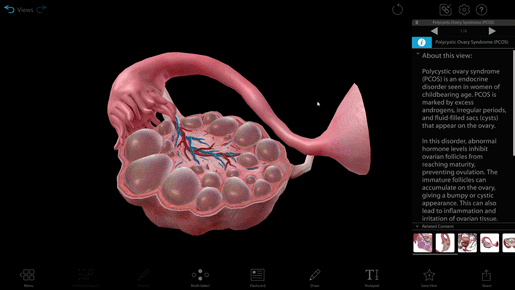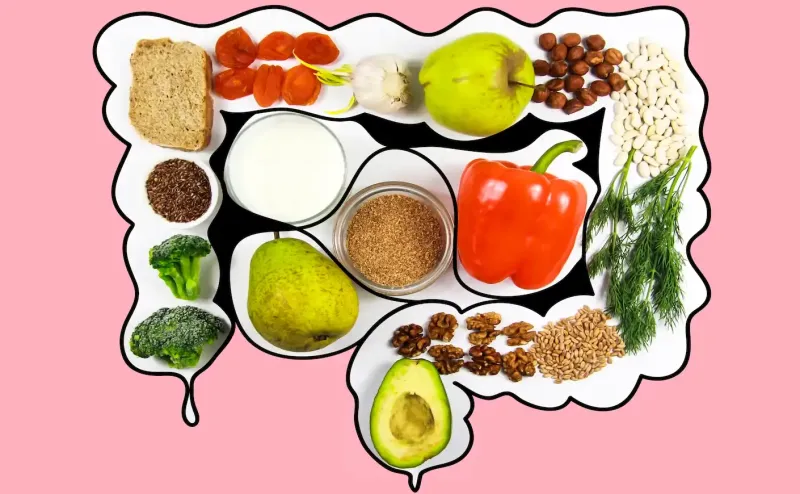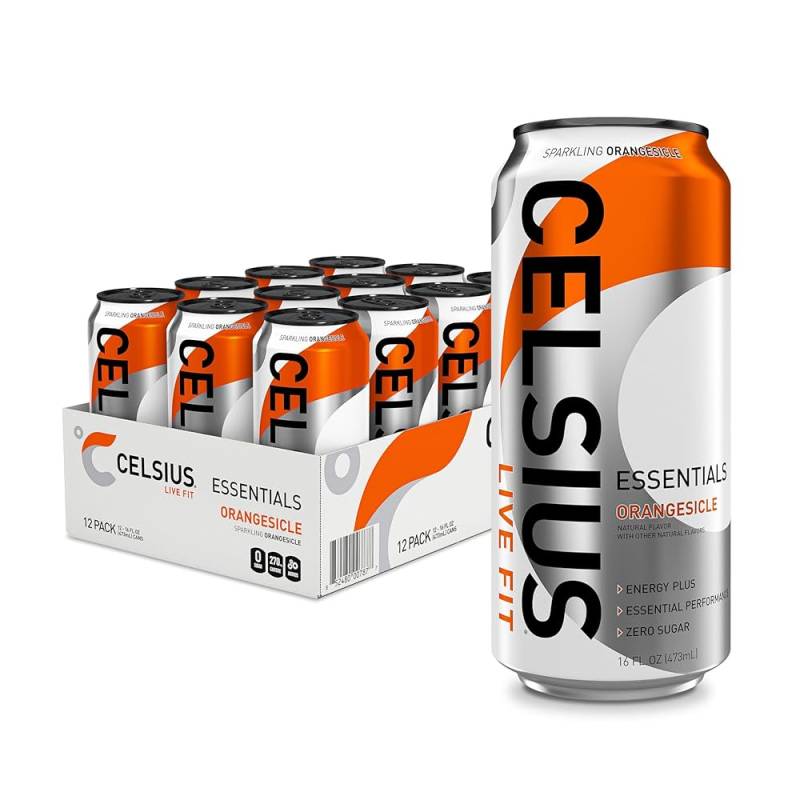It starts with a late period. Maybe your face breaks out in a way that reminds you of your teenage years. You're moody, tired, or gaining weight for no reason. And then one day, during a routine scan or an emergency hospital visit, the doctor drops a word that echoes in your mind long after the appointment: “cyst.” Or maybe it’s “PCOS.” Sometimes both. But what do they mean? Are they the same? And more importantly, what does it mean for you?
Let’s not make this about just a diagnosis or a condition. Let’s make this about the woman sitting in the hospital waiting room — scared, uncertain, and trying to piece together what her body is trying to say. Because far too often, when we talk about Polycystic Ovary Syndrome (PCOS) and ovarian cysts, we throw around medical terms without grounding them in real life. But every term is a lived experience. Every condition is a story. In a recent video, Aproko Doctor—a trusted voice in health education across Nigeria and beyond—cuts through the medical fog and clears the confusion: PCOS is not the same as an ovarian cyst. And here’s why that matters more than most people realize.

Related article - Uphorial Podcast
![Polycystic ovary syndrome - 3D model by Ebers (@Ebers) [62bfb49]](https://media.sketchfab.com/models/62bfb490ad344caaaea675da9df7ba34/thumbnails/a36ad5a278a94ac7adc488aa845a5e24/f49ba8b11ea348acac04eeb18d2352e7.jpeg)
PCOS, or Polycystic Ovary Syndrome, is not just a disorder of the ovaries. It is a full-body endocrine and metabolic condition. It affects hormone levels, disrupts insulin function, and alters the menstrual cycle. PCOS can lead to complications like infertility, heart disease, type 2 diabetes, and mental health struggles like anxiety and depression. It is not defined by the presence of cysts. You can have PCOS without having any cysts at all. And yes — those “cysts” in PCOS are not true cysts. They are underdeveloped follicles that failed to ovulate, which is part of the hormonal disruption that defines the condition. Ovarian cysts, on the other hand, are fluid-filled sacs that develop on the ovaries, often during ovulation. Most are harmless and resolve on their own. Sometimes, they cause pain, especially if they rupture or grow large. Sometimes, they’re part of a condition like endometriosis. But in general, they are a symptom or an event, not a syndrome. And certainly not a hormonal disorder.
So why is the confusion so common? It comes down to how medicine has historically treated women’s health, often with vague labels and little explanation. A woman comes in with irregular periods, facial hair, or unexplained weight gain, and is told she has a “hormonal imbalance.” A scan shows small sacs on her ovaries, and the label “PCOS” is quickly applied without considering the deeper hormonal picture. Sometimes, it’s the opposite. A single functional cyst is found, and the panic of a PCOS diagnosis is delivered unnecessarily. Both situations leave women misinformed and mistreated.
Understanding the distinction isn’t just about semantics. It’s about empowerment. Because while an ovarian cyst may require a simple wait-and-watch approach or surgery in rare cases, PCOS requires a long-term lifestyle shift, from diet and exercise to stress management and possibly medication. Treating PCOS like a cyst delays care. Treating a cyst like PCOS causes panic. Either way, women lose. This is not just a call for better diagnoses. It’s a call for better stories. For women to be seen and heard in the complexity of their bodies. For health education to go beyond symptoms and speak to the systems — hormonal, emotional, societal — that shape women’s health. For doctors to listen more, explain better, and stop lumping vastly different experiences into one tidy box. So next time you or someone you know hears “cyst” or “PCOS,” pause. Ask more questions. Watch the video. Read the research. Most importantly, pay attention to your body — because every cycle, every change, every pain is a page in your story. And you deserve to understand every word of it.



